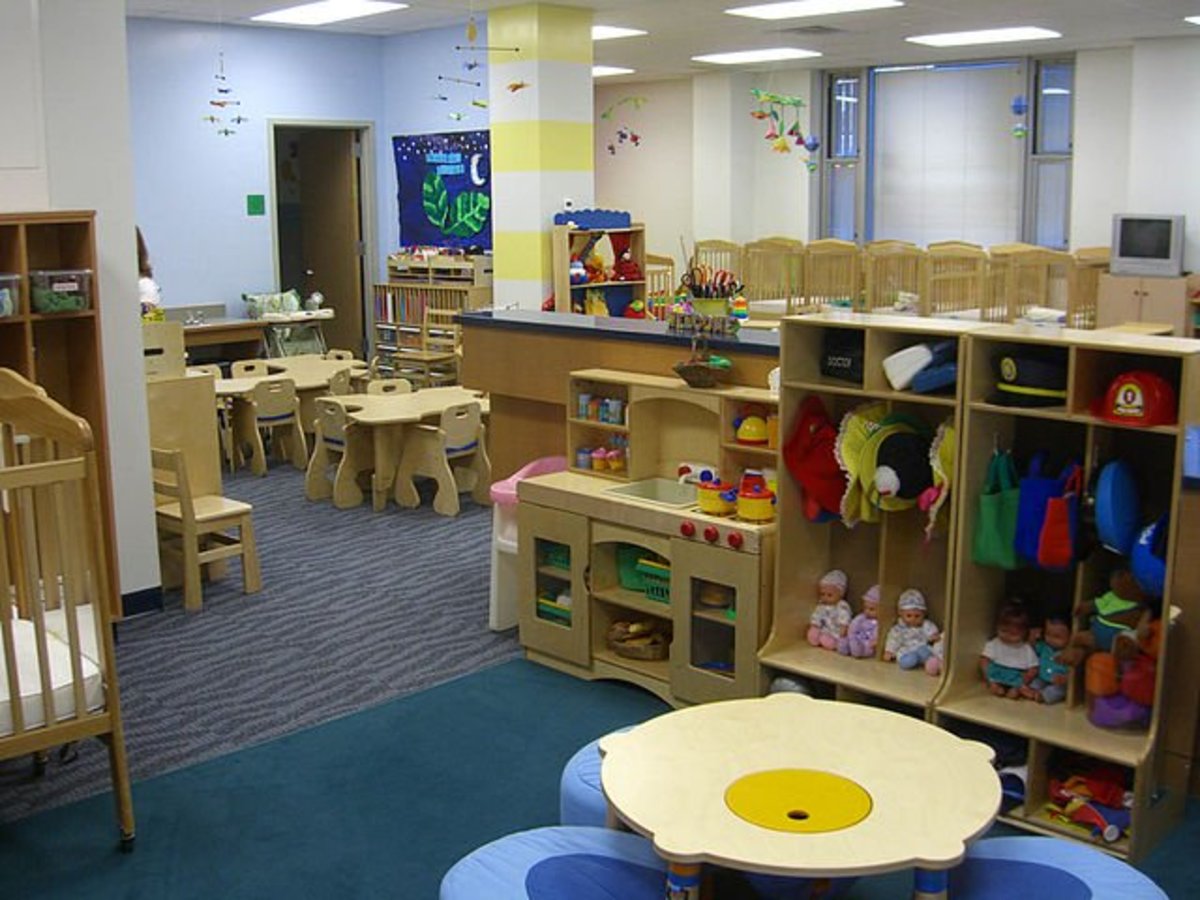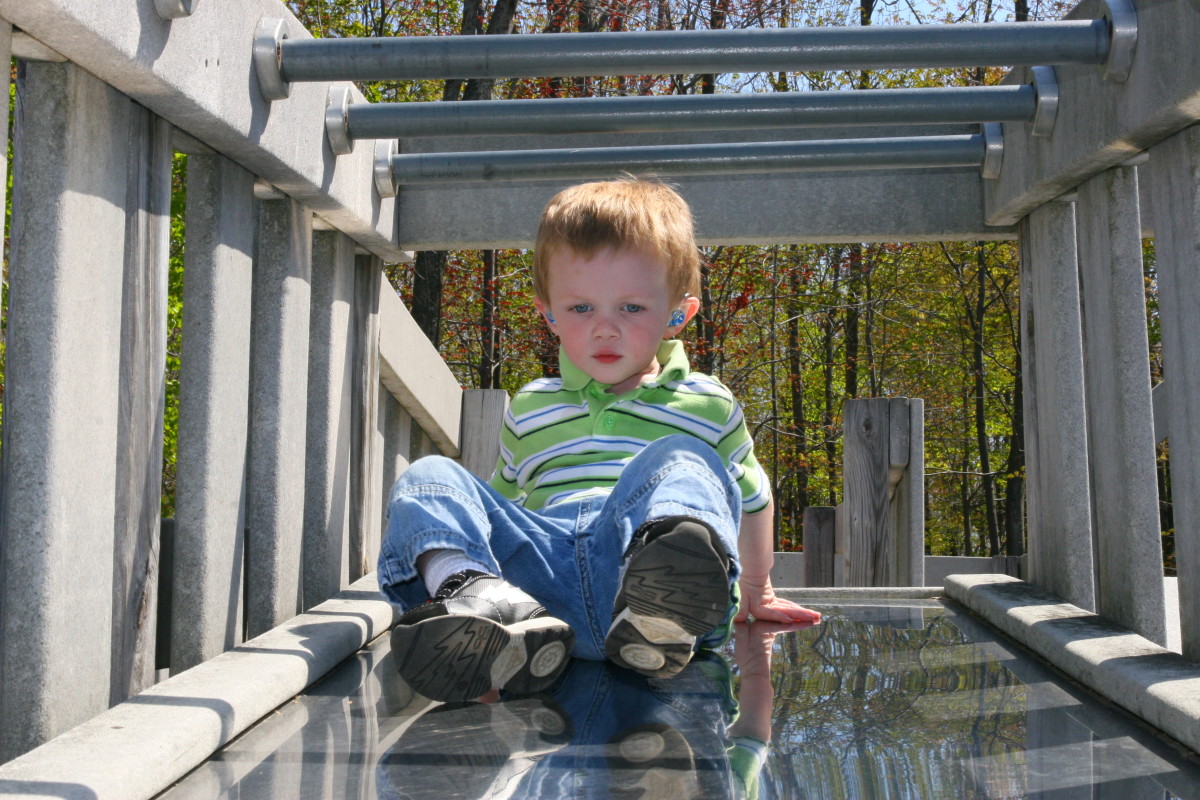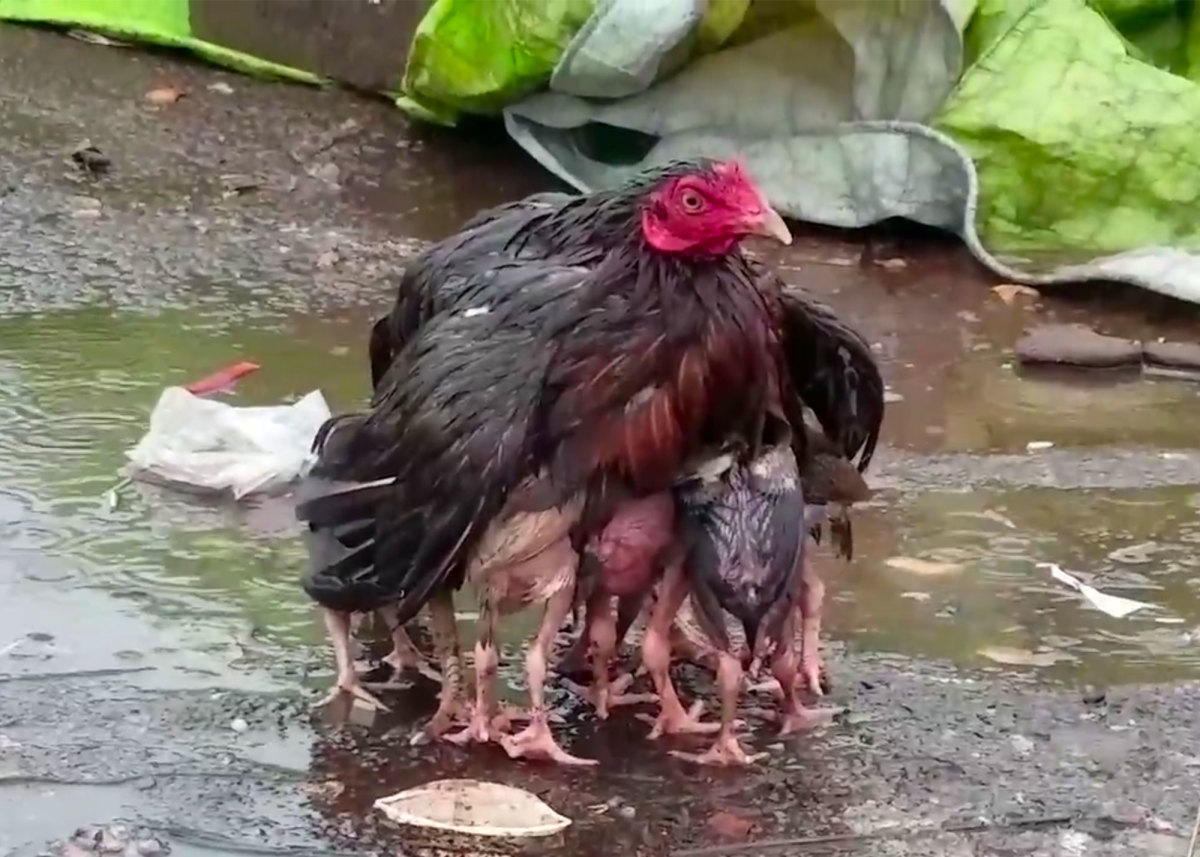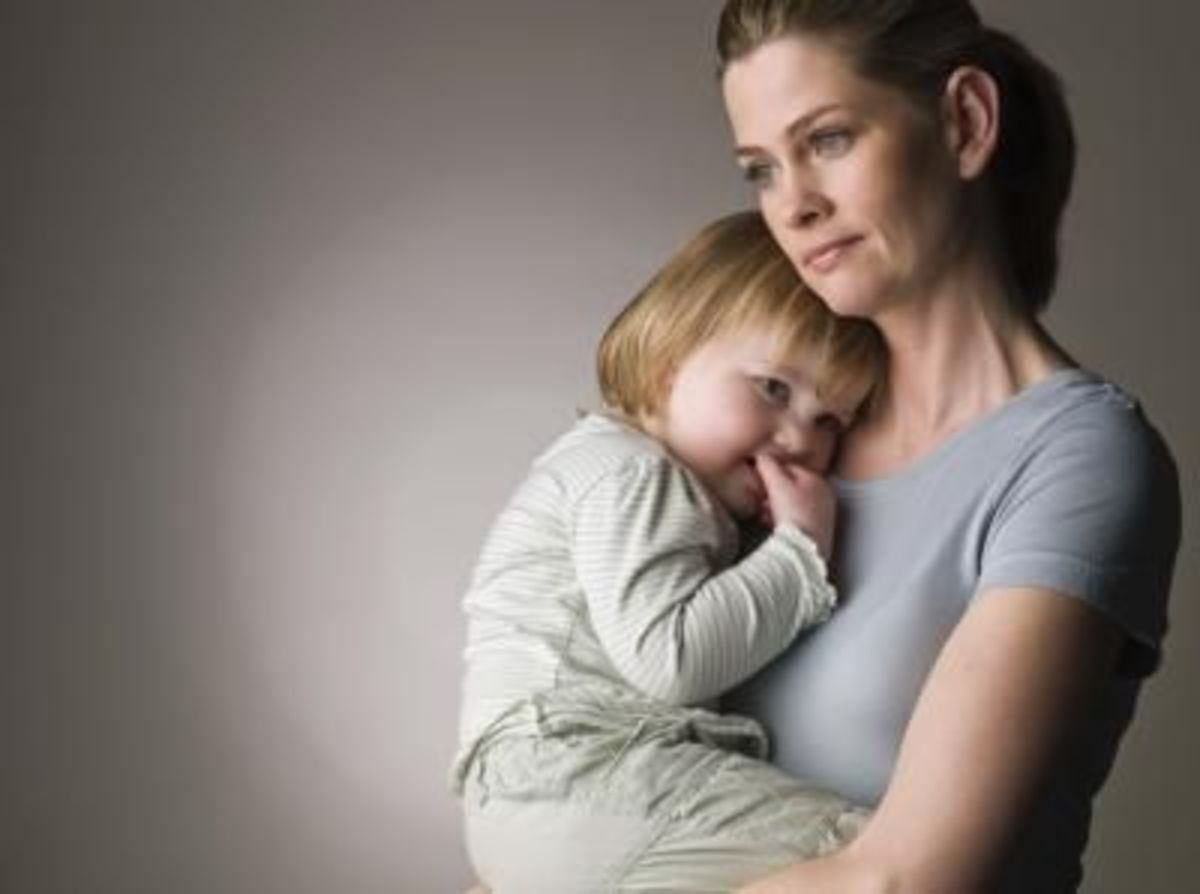Top Ten Bad Situations For Child Care Workers
Introduction
In this article, we'll look at the top ten bad situations for child care workers and childcare facilities. What situations can shut down a childcare facility or literally cost it dearly?
Communicable Health Problems
Childcare providers are not allowed to work with children when they pose a health threat to the children. A case of TB picked up from abroad will end someone's childcare career. A woman who picks up MRSA at the gym may find she's no longer allowed to work with children.
While the list of diseases that make it impossible to work in child care are not as long as that which can sideline a nursing career, communicable health problems can force the child care provider to work in the back office until the doctor's office gives her a green light.
Failure to do so leads to charges of violating the Americans with Disabilities Act. Childcare providers face discrimination charges for discharging someone who could give children a serious disease, while they risk the children's health if the ill employee is taking care of children. The safety of the children should come first, but disability law has been warped to put childcare providers in an impossible position of finding work for the infected that doesn't endanger children.

Bedbugs
Unlike lice, which can’t live long off the host and whose eggs go home with children each night, bedbugs can’t be cured by sending affected children home.
Bedbugs may hitch a ride in a child's sleeping mat or favorite blanket. Once they reach the daycare center, they find a large population of mobile children who regularly lay down on play mats, climb on couches and spend hours in cribs. When bedbugs are found in a childcare center, the center must close while everything is sterilized or removed. The pest control costs are high, and the cost to replace all the linens and upholstered items is even higher.

Desperate Parents Who Don't Pay
One of the challenges childcare providers face is desperate parents who do not pay. Corporate childcare centers tend to have strict policies of dis-enrolling children whose parents have not paid the bill for a full week or fall behind a specific amount.
Home based childcare providers and small centers may have more lenient terms, which makes it harder to draw a hard line in the sand when they aren't paid. In the case of family and friends paid to watch a child, they may feel guilty to demand payment. Cash payments may not be documented, allowed the case to go to court with the mother saying "I gave her $50" or state that they performed other services to pay the debt.
Allegations of Abuse
One of the worst things a childcare provider can face are allegations of abuse. The allegations may come from a parent who disagreed with a child's timeout or discipline, a parent who misunderstood a child's statement or even a vengeful partner during a separation. Allegations by a former boyfriend that you abuse your own child could lead to Child Protective Services report that prevents you from working in the childcare field.
Unlike legal proceedings in the rest of the legal system, you don't have the right to face your accuser or know the evidence against you when there are allegations of abuse through Child Protective Services. A relative, a neighbor who hates the noise of an at home daycare or a soon to be ex-husband who knows that his accusations during the divorce proceedings to get sole custody of the children also destroy your means of earning a living while staying home with the children are all legitimate sources of these claims.
In rare cases, the claims are ridiculous and horrifically destructive. The Oak Hill satanic ritual abuse case led to a married couple spending more than 20 years in jail for allegations that children were given blood laced drinks and sexually abused at daycare.
When Home Based Childcare and Family Conflict
Childcare centers screen employees for criminal records, CPS records and verify the person's health. Home based childcare providers are supposed to meet these same standards. Home based childcare faces a special challenge, when other family members don't meet these same standards.
For example, the husband may be charged with a felony or the daughter's new live in boyfriend has a CPS file for slapping his prior girlfriend's child. The home based childcare provider may be told that these people cannot live in the family home if the business is to remain operational.
Creeping Credential-itis
Anyone fertile can have a child. Most adults are legally allowed to raise their own children. Many high school dropouts and uneducated women in the past were good mothers. Yet our society has decided that credentials are the measure of the perfect employee. Women who worked 25 years in childcare find themselves unable to change a toddler's diapers because the childcare center says you must have at least a high school diploma.
The latest fad is the belief that someone must have an associate's degree, preferably in early childhood education, to work in childcare. Never mind that there are high school graduates home schooling children for 12 years who end up at Harvard.
New regulations mean that you have to have an associate's degree from college to teach a three year old the ABCs and his colors. And because there are fewer people with associates' degrees in education than the general population, credential-itis drives up labor costs without significantly affecting the quality of care. In fact, if a center must rely on new graduates to replace older and experienced childcare providers, quality of care goes down while meeting the credentialing standard.
Childcare providers may even find themselves out of a job if they don't fill out the necessary paperwork to get grandfathered in under new laws that assume someone with a few years of college classes is better suited to handle toddlers than someone with 30 years of experience with children.
Food-Borne Illness
Parents who drop off a child expect at a minimum for the child to receive regular meals and snacks, play in a safe, supervised environment and not be harmed. An outbreak of food borne illness traced to a daycare can destroy its reputation. If the facility didn't maintain hygiene standards in the kitchen, parents will wonder what else isn't clean enough. The facility may be liable for the medical bills of children who became ill.
Ever More Regulation
Another form of creeping credential-itis is the growing regulation of childcare centers themselves, from mandating the number of sinks to greater documentation to registration fees with the state. Home based childcare providers are increasingly caught in a Catch-22. They can't operate without meeting various legal standards, yet they don't have the money to pay for various third party inspections and licensing fees.
Those who choose to work without meeting various legal hurdles face greater fines if caught. Regulation can also cause headaches for childcare providers, since failing to fill out forms in time or incorrectly can delay payments. Childcare centers that sought funds under the school lunch program to offer healthy snacks often found themselves spending more time and money filling out forms than they'd receive from the state.
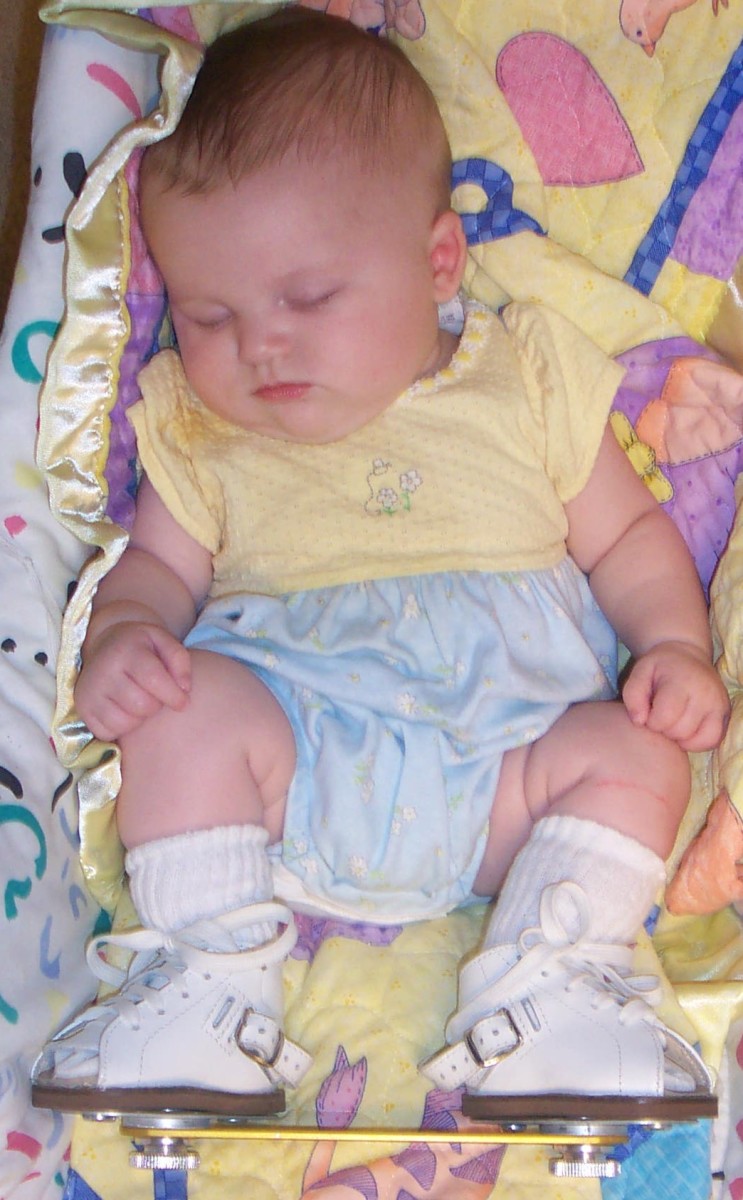
The Disabled Child
Disabled children create a difficult conundrum for childcare centers. Some centers may rightfully say they don't have the personnel to handle a disabled child, such as one with limited mobility or severe medical problems. Yet they risk being sued for violating the Americans with Disabilities Act for failing to make accommodation if it could be done.
Parents of disabled children may demand the same childcare rate as everyone else, though their child requires more supervision and care than the other child. Matters are made worse when parents claim that a child's violent outbursts are the result of conditions like Oppositional Defiant Disorder or Attention Deficit Disorder, creating a legally protected little bully.
The Little Bully
The little bully is a massive headache for a childcare provider. The worst allegation a childcare provider can face is abusing their charges. The second worst allegation is that they permitted a little bully to abuse other children. The childcare provider may be held liable for the harm inflected by a violent child, and yet they risk being sued or defamed if they un-enroll a child who hurts others.

